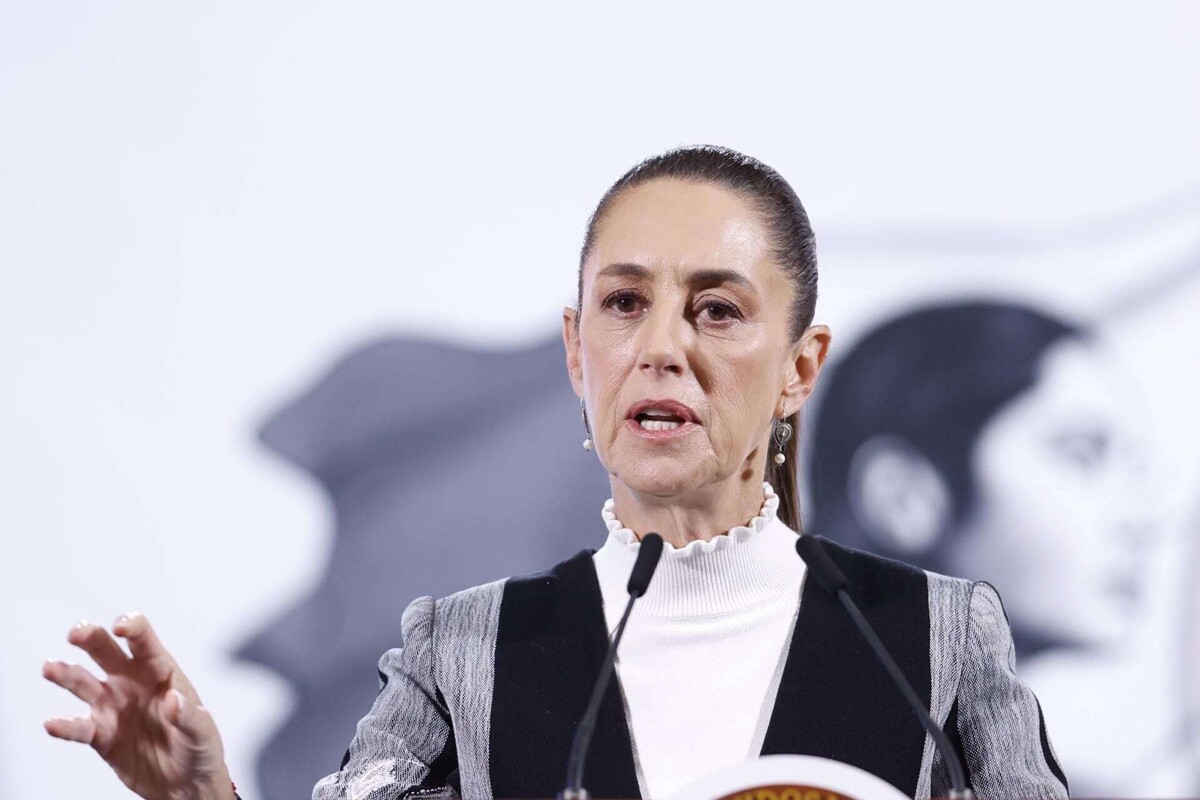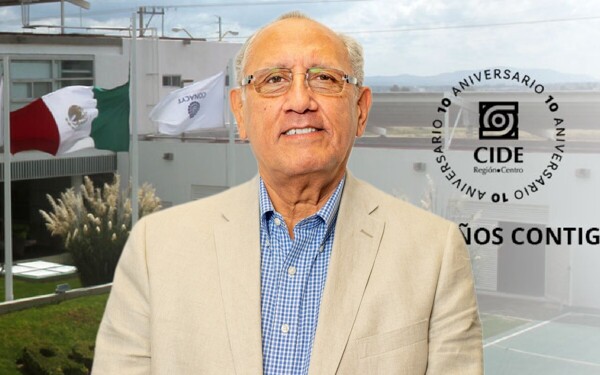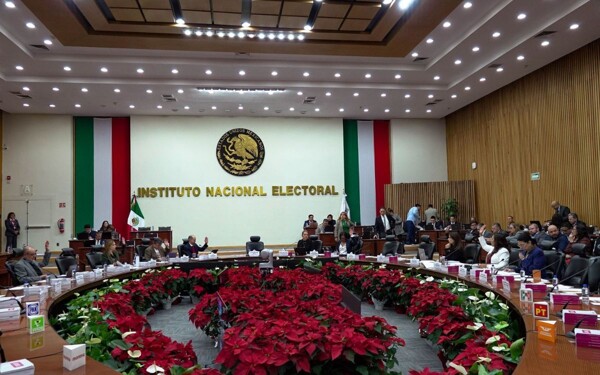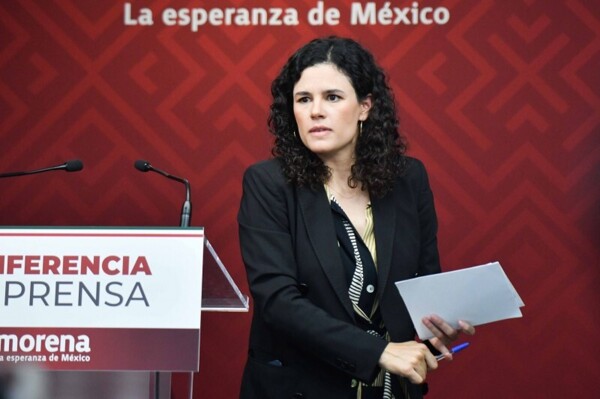
The President of Mexico, Claudia Sheinbaum, called for her second meeting to address the issue of the missing students. In this context, she did not rule out the possibility of holding a phone call with the President of the United States, Donald Trump, before the deadline for the imposition of tariffs, although there is still no set date for such a meeting.
"After March 4 (we will see), I do not close the door, on the contrary, that there could be a meeting, but there must be an agreement between the two governments," the president stated, highlighting the importance of reaching bilateral agreements. Additionally, she indicated that a review of the Treaty between Mexico, the United States, and Canada (USMCA) will soon take place.
Regarding the request for the repatriation or extradition of 'El Mayo' Zambada, President Sheinbaum explained that it will be the Attorney General's Office (FGR) responsible for making that decision, ensuring that everything must develop within the legal framework and as established in the Penal Code.
The president also referred to Donald Trump's proposal to implement a golden visa with a quota, expressing her opinion on it by mentioning that she does not believe it is a recommendable measure, leaving the decision to participate in this proposal up to each individual.
On another note, Claudia Sheinbaum previewed part of her future agenda, highlighting a planned meeting with the parents of the Ayotzinapa normalistas. She also addressed the approval of changes to the law to combat nepotism, expressing her desire for these measures to come into effect starting in 2027.
On the other hand, Jesús Esteva, Secretary of Infrastructure, Communications, and Transport, detailed the 10 priority axes of the National Road Plan during Sheinbaum's term, mentioning the new roads that will be built as part of this project. Among the highlighted works are bridges, bypasses, and access roads to various points in the country.
Finally, the progress of the 'Bachetón' program was highlighted, which has achieved a 76% progress in 31 states, with the rehabilitation of various roads and bridges, as well as a total investment of 1.88 billion pesos to improve road infrastructure in different regions of the country.














